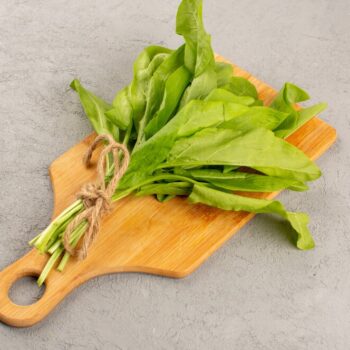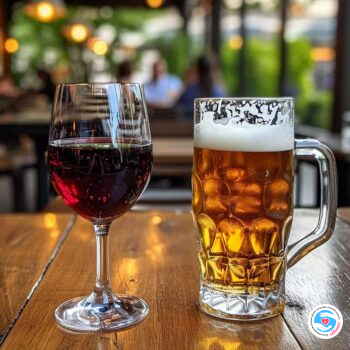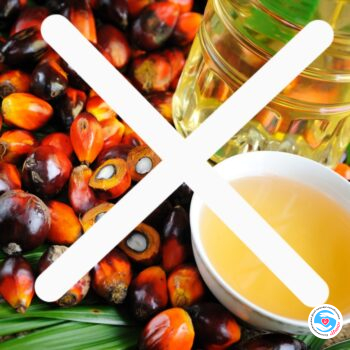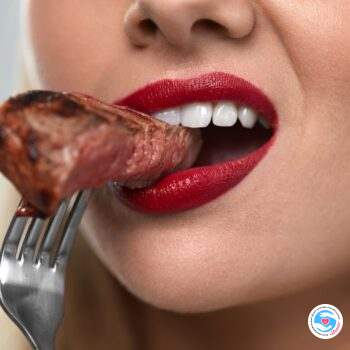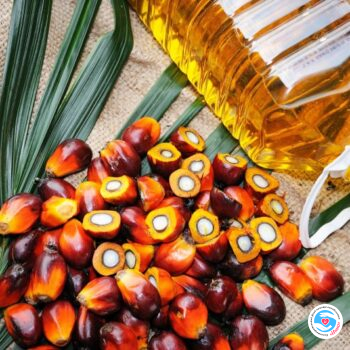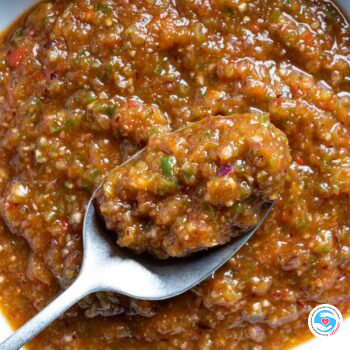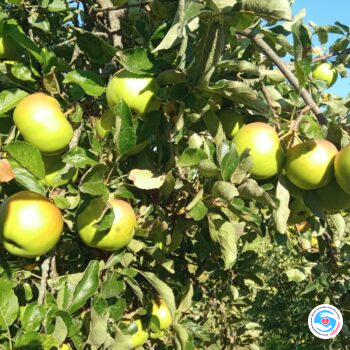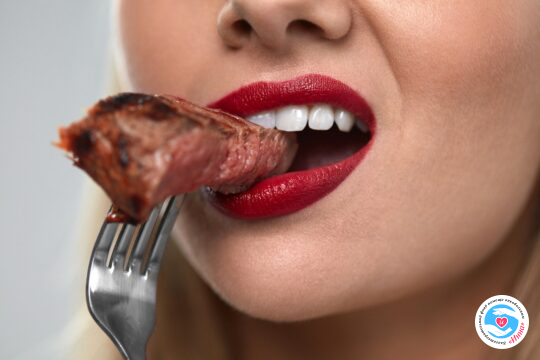
Oncology experts have long ago identified a direct link between the consumption of red meat, including processed meat, and the development of dangerous cancers. The staff of the Inna Foundation constantly publish research reports on the organisation’s website that confirm such claims. Now we will talk about the results of data analysis, published on the pages of the specialised journal International Journal of Cancer.
Scientists from the USA studied the relationship between the consumption of different types of meat, processed meat products and the occurrence of invasive breast cancer. Information on the consumption of different types of meat and meat products was obtained from questionnaire data of 42,012 women in the Sister Study. Study participants labelled the frequency of meat and other meat products intake. The study took place over several years. Exposure to meat was calculated and the association with the risk of invasive breast cancer was assessed using multivariate Cox proportional hazards regression (predicting the risk of an event occurring for an object under consideration and assessing the effect of predetermined independent variables on that risk).
In the process, the researchers found that women who like and often consume red meat (red meat includes beef, lamb, goat, pork, pork, horse meat, venison, rabbit, wild animals – wild boar, elk, hare, deer and others) have a 23% higher risk of developing breast cancer compared to women who do not consume such meat much. At the same time, the study and meta-analysis of the data showed that processed meat, such as sausages, bacon, sorbets or sausages, may be even more dangerous than red meat! But women who preferred poultry – chicken or turkey – had a 15% lower incidence of breast cancer!
Women do not have to become vegetarians and give up red meat, scientists say. But if they reduce the amount of red meat consumed, for example, eat it once a week instead of twice a day, women will reduce their risk of breast cancer. And red meat and sausages can be replaced with poultry, legumes, nuts or fish.

